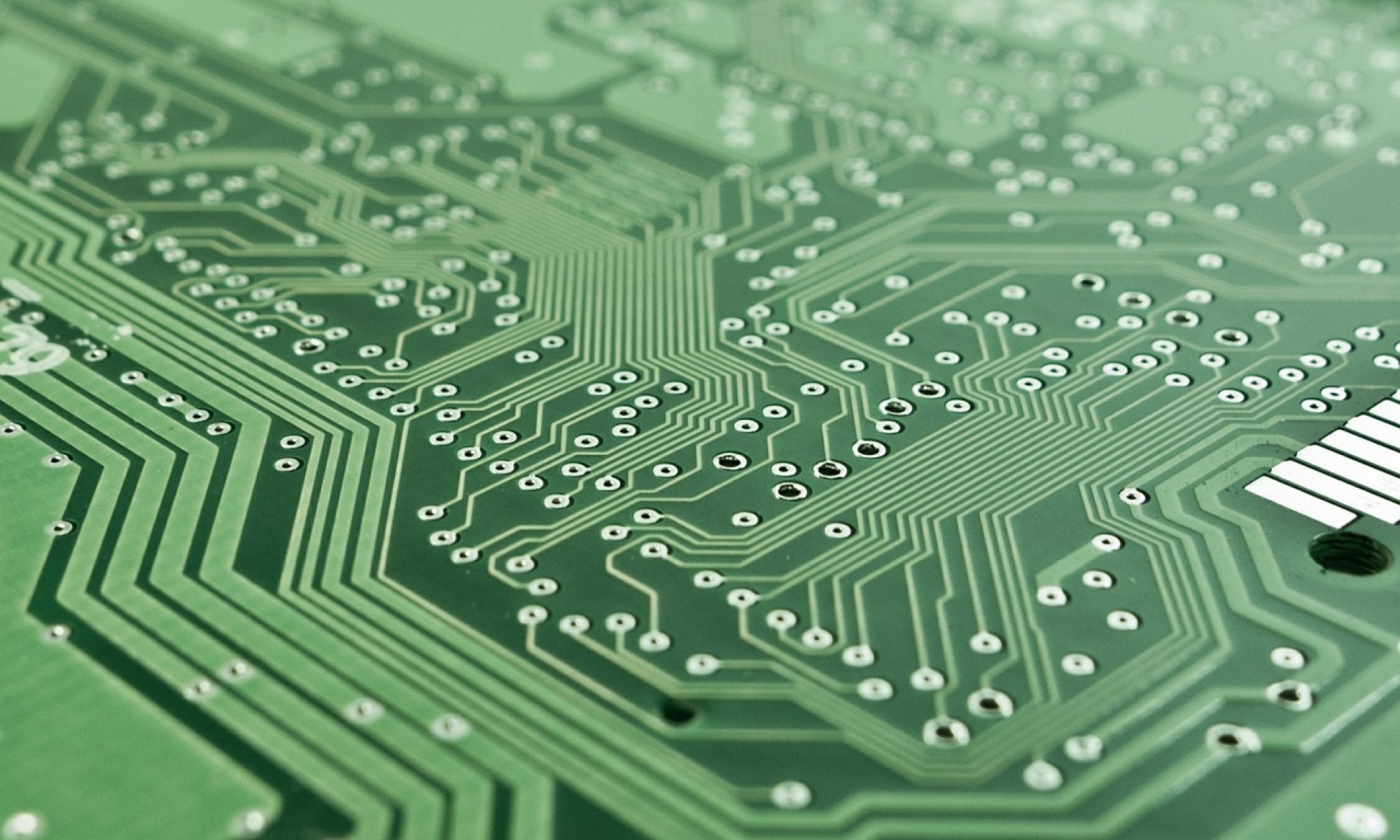In a previous post, I described a special topics course (ENG/TE 498) offered in collaboration with the College of Engineering and the Technology Entrepreneur Center this past spring at the University of Illinois at Urbana-Champaign, developed and taught by IL Sustainable Technology Center/Sustainable Electronics Initiative staff members. Entitled Sustainable Technology: Environmental and Social Impacts of Innovations, the class introduced impacts associated with technology at each stage of the product life cycle (design, manufacture, consumption, and disposal/recovery). Electronic products were used as a case study and to provide the framework for discussion of complex legal, economic, social, and environmental considerations.
Students in the course ranged from undergraduates to PhD students, and represented a variety of disciplines, including industrial design, materials science, electrical and computer engineering, civil and environmental engineering, industrial and enterprise systems engineering, agricultural and biological engineering, and accountancy. We were fortunate to have some distinguished guest lecturers join us for some of our classes, including:
- Craig Boswell, President, HOBI International, Inc.
- Wayne Rifer, Director of Research and Solutions , EPEAT & Green Electronics Council
- Kyle Wiens, CEO, iFixit & Dozuki
- Emily Knox, UI professor in the Graduate School of Library and Information Science (speaking on Makerspace Urbana)
- Lynn Rubinstein, Executive Director, Northeast Recycling Council and Program Manager, State Electronics Challenge
- Carol Baroudi, Global Sustainability and Compliance, Arrow Value Recovery
- Jason Linnell, Executive Director, National Center for Electronics Recycling (NCER)
- Sriraam Chandrasekaran, Visiting Research and Development Engineer, Illinois Sustainable Technology Center
In lieu of a final exam, students worked in teams on final projects, choosing one of two options. They could either prepare a concept as if they were entering the International Sustainable Electronics Competition (ISEC), which is administered by SEI, or they could work on a repair guide as part of iFixit’s Technical Writing Project.
This is the first post in a series highlighting student projects that were completed in the course. Biplab Deka (graduate student in Electrical and Computer Engineering), Kevin Lehtiniitty (undergraduate in Electrical and Computer Engineering), and Elizabeth Reuter (graduate in Industrial Design) worked together on the “ISEC project option” and came up with NEO, a concept for a computer powered by discarded smartphones, for teaching computer programming to kids. Their project abstract is as follows:
“NEO is a recycled computer powered by a discarded mobile phone that can be connected to a monitor, mouse, and keyboard in order to create a low cost desktop computer with an operating system designed to introduce computer programming to novices. We have decided to aim it toward children and teens, seeing as the age at which Americans start to use computers is getting younger. It comes in a durable and translucent case made out of recycled plastic, allowing kids to interact with NEO and see electronics reuse at work. It comes preloaded with a simple to use operating system that can have kids coding in just minutes as well as sample programs, games, and challenges that gradually become more difficult to guide them in the world of software engineering. In addition to the physical product, NEO also connects to our web based education center that can be accessed through any browser. The center provides additional tutorials, in depth explanations of software engineering, help forums, and user submitted content and competitions that gamify the entire experience.”
Check out their video below. (Note: If you’re receiving this post in your email inbox and don’t see an embedded video below, click on the permalink title of the post at the top of the email message to view the post on the SEI blog site.) It’s a pretty impressive idea, if I do say so (as their instructor, I’m admittedly a bit biased). The three plan to develop the concept, so hopefully NEO will be available sometime in the future for use in your community. If you’re interested in contacting these students to learn more, or to provide support for their product development, email me, and I will connect you with them. Or if you just like the idea, or have suggestions or questions, leave some comments for them on YouTube.
